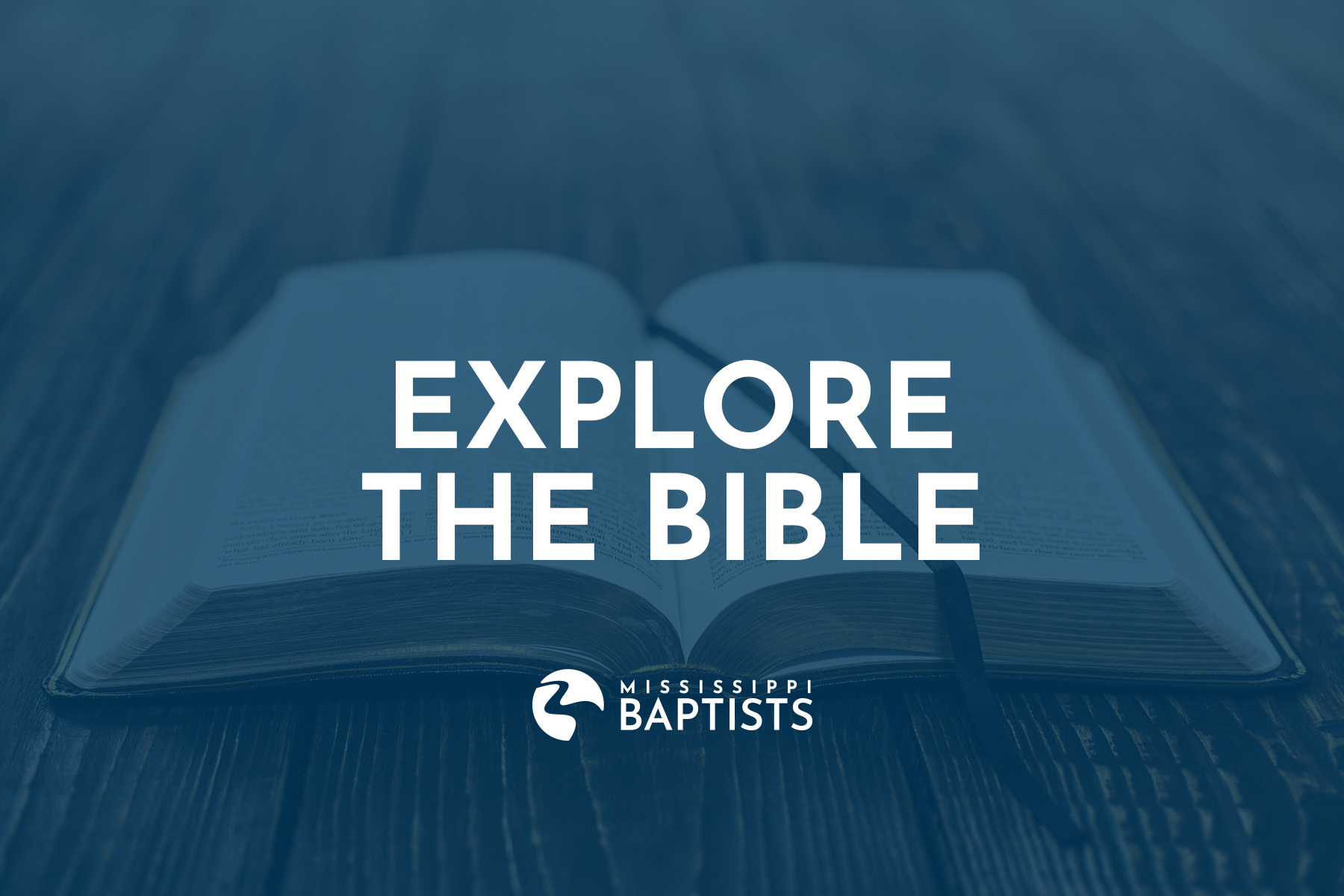God’s Faithfulness • Psalm 105:1-11,42-45
By Philip Price

The theme of Psalm 105 is God is faithful to His covenant people. A “covenant” is a God-initiated agreement between Him and people. In Genesis 12:1-3, the God of Israel made a covenant with Abraham in which He promised him a specific land, a multitude of descendants, and blessings to be shared with the world. This was a permanent vow.
Psalm 105 was written to the Israelites to be used in worship to celebrate God’s faithfulness. God fulfilled His covenantal promise to the nation. Also, in fulfillment of the vow to bless nations through Zion, He sent the ultimate blessing through the bloodline of Abraham — Jesus Christ. Consequently, we are the beneficiaries of the Abrahamic Covenant. Paul wrote, And if you belong to Christ, then you are Abraham’s seed, heirs according to the promise (Gal. 3:29, CSB). Therefore, any commands in this Psalm are applicable to all born again Christians.
Our lesson focuses on verses in Psalm 105 that command us to praise, trust, and obey our Heavenly Father. We must remember He deserves our worship, keeps His promises, and demands our submission.
Praise God: He Deserves our Worship (Psalm 105:1-6)
In Psalm 105, there are ten imperatives — verbs or sentences that command urgent action be taken. Read verses 1-4 and try to identify them.
In worship we must give thanks to the Lord, call on His name, and proclaim His deeds among the peoples (v. 1). Next, we are instructed to sing to Him (use our voices), sing praise to Him (use our voices and instruments), and tell about all His wondrous works (v. 2). Then, we are directed to boast in His holy name and let the hearts of those who seek the Lord rejoice (v. 3). Furthermore, we are to wholeheartedly seek the Lord and His strength and seek His face always (v. 4).
While more reflective than the previous commands, an eleventh imperative is identified by scholars in verse 5. Remember the wondrous works He has done, His wonders, and the judgments He has pronounced (v. 5) to His chosen ones (v.6).
Some of these actions are easier to practice than others, but we are mandated to observe them all. Which of these imperatives are the hardest for you to practice?
Trust God: He Keeps His Promises (Psalm 106: 7-11)
The Psalmist reminded the worshippers that the Lord our God… (v. 7) remembers His covenant forever…for a thousand generations (v.8). God’s promises do not have expiration dates.
We can live with confidence knowing that just as He kept His promises to Abraham, Isaac, and Jacob, He can be trusted to fulfill the promises in scripture. God said, Do not fear, for I am with you (Isa. 41:10). You are guaranteed that The Lord is the one who will go before you (Deut. 31:8). Also, Jesus, who was God in flesh (John 1:14) proclaimed, Peace I leave with you. My peace I give to you (John 14:27). We can trust our great God.
Obey God: He Demands our Submission (Psalm 105:42-45)
Before we come to final focus verses of this lesson, please note the Psalmist detailed how God orchestrated history to prove the Father’s trustworthiness. He protected the Patriarchs — Abraham, Isaac, and Jacob — as they led a small vulnerable people group from nation to nation (vv. 12-15). By His sovereignty, the Jews survived famine, enslavement in Egypt, the plagues before the Exodus, and many years of wandering in the Wilderness (vv. 16-41).
Then, the songwriter celebrates the Children of Israel’s arrival in the Holy Land. This was fulfillment of God’s holy promise to Abraham His servant (v. 42). He brought His people out with rejoicing (v. 43) and gave them the lands of the nations (v. 44). Why?
The Holy Spirit led the writer to declare All this happened so that they might keep His statutes and obey His instructions (v. 45). Next, the Psalmist concluded the song by explaining the people of God should remember the history of God’s gracious dealings with them to learn the importance of obedience to His will.
The psalmist closes with a resounding Hallelujah, which means “Praise the Lord” in Hebrew. This expression is not to be used lightly. This is the proper response to a recollection of the mighty works of God in the lives of the nation of Israel and in our lives. After all that God has done, how could we not praise him. God deserves our worship because He is faithful.
Price is the Associational Missions Strategist for the Jackson County Baptist Association, Pascagoula. He is a member of Ridglea Heights Church, Moss Point.




